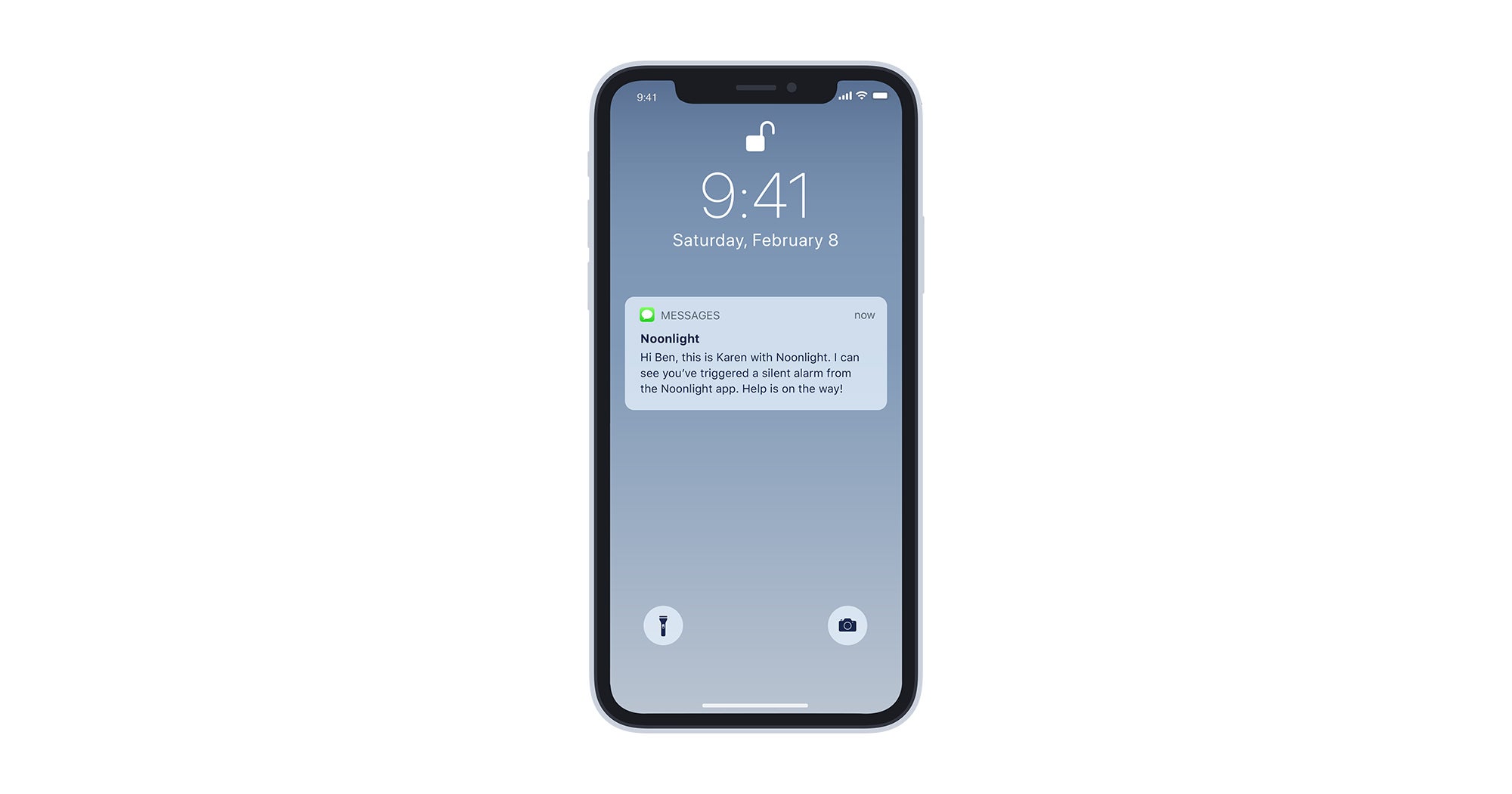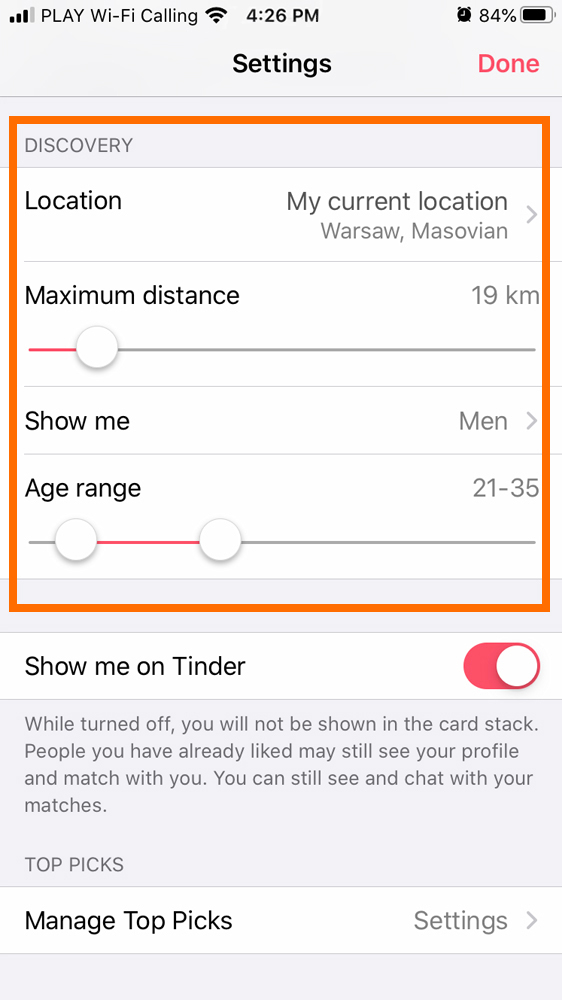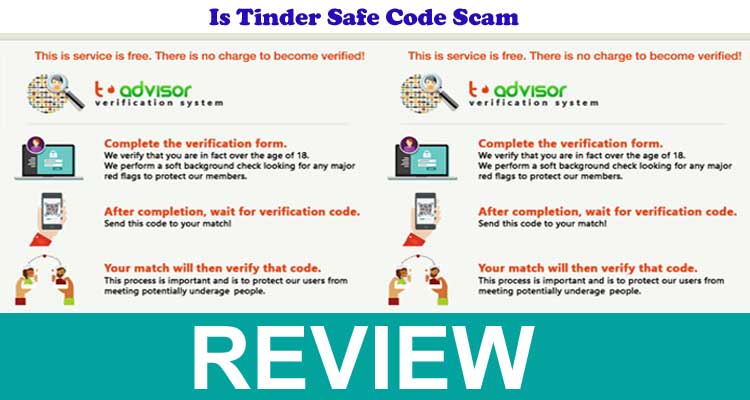Tinder Safe Feature Code
Posted : admin On 6/12/2022#TinderSafeCodeScam #TinderSafeCodeReviews #ScamAdviserReportsTinder Safe Code Scam (Sep 2020) Let Us Know The Facts! Scam Adviser ReportsWatch this video. The Tinder Safety Center is an evolving section of the app dedicated to keeping you informed about safety features while providing resources, tools, reading material and activities. To visit the Safety Center, open Tinder tap the profile icon select Safety. Safety Center is currently being rolled out in the US, UK, France and Germany, with.
Meeting new people is exciting, but you should always be cautious when interacting with someone you don’t know. Use your best judgment and put your safety first, whether you are exchanging initial messages or meeting in person. While you can’t control the actions of others, there are things you can do to help you stay safe during your Tinder experience.
Online Safety
Never Send Money or Share Financial Information
Never send money, especially over wire transfer, even if the person claims to be in an emergency. Wiring money is like sending cash — it’s nearly impossible to reverse the transaction or trace where the money went. Never share information that could be used to access your financial accounts. If another user asks you for money, report it to us immediately.
For tips on avoiding romance scams, check out some advice from the U.S Federal Trade Commission on the FTC website.
Protect Your Personal Information
Never share personal information, such as your social security number, home or work address, or details about your daily routine (e.g., that you go to a certain gym every Monday) with people you don’t know. If you are a parent, limit the information that you share about your children on your profile and in early communications. Avoid sharing details such as your children’s names, where they go to school, or their ages or genders.
Stay on the Platform
Keep conversations on the Tinder platform while you’re getting to know someone. Because exchanges on Tinder are subject to our Safe Message Filters (learn more here), users with bad intentions often try to move the conversation to text, messaging apps, email, or phone right away.
Be Wary of Long Distance and Overseas Relationships
Watch out for scammers who claim to be from your country but stuck somewhere else, especially if they ask for financial help to return home. Be wary of anyone who will not meet in person or talk on a phone/video call—they may not be who they say they are. If someone is avoiding your questions or pushing for a serious relationship without meeting or getting to know you first — that’s a red flag.
Report All Suspicious and Offensive Behavior
You know when someone’s crossed the line and when they do, we want to know about it. Block and report anyone that violates our terms. Here are some examples of violations:
- Requests for money or donations
- Underage users
- Harassment, threats, and offensive messages
- Inappropriate or harmful behavior during or after meeting in person
- Fraudulent profiles
- Spam or solicitation including links to commercial websites or attempts to sell products or services
You can report any concerns about suspicious behavior from any profile page or messaging window here. For more information, check out our Community Guidelines.
Protect Your Account
Be sure to pick a strong password, and always be careful when logging into your account from a public or shared computer. Tinder will never send you an email asking for your username and password information — if you receive an email asking for account information, report it immediately.
Meeting in Person
Don’t Be In A Rush
Take your time and get to know the other person before agreeing to meet or chat off Tinder. Don’t be afraid to ask questions to screen for any red flags or personal dealbreakers. A phone or video call can be a useful screening tool before meeting.
Meet in Public and Stay in Public
Meet for the first few times in a populated, public place — never at your home, your date’s home, or any other private location. If your date pressures you to go to a private location, end the date.
Tell Friends and Family About Your Plans
Tell a friend or family member of your plans, including when and where you’re going. Have your cell phone charged and with you at all times.
Be in Control of Your Transportation
We want you to be in control of how you get to and from your date so that you can leave whenever you want. If you’re driving yourself, it’s a good idea to have a backup plan such as a ride-share app or a friend to pick you up.
Know Your Limits
Be aware of the effects of drugs or alcohol on you specifically — they can impair your judgment and your alertness. If your date tries to pressure you to use drugs or drink more than you’re comfortable with, hold your ground and end the date.
Don’t Leave Drinks or Personal Items Unattended
Know where your drink comes from and know where it is at all times — only accept drinks poured or served directly from the bartender or server. Many substances that are slipped into drinks to facilitate sexual assault are odorless, colorless, and tasteless. Also, keep your phone, purse, wallet, and anything containing personal information on you at all times.
If You Feel Uncomfortable, Leave
It’s okay to end the date early if you’re feeling uncomfortable. In fact, it’s encouraged. And if your instincts are telling you something is off or you feel unsafe, ask the bartender or server for help.
LGBTQ+ Travel
Be careful while traveling
We recognize and believe in the importance of being inclusive of all gender identities and sexual orientations, but the reality is this: nowhere in the world is without potential risk, and some countries have specific laws that target LGBTQ+ people.
Check out the laws around you when you travel to a new place and research what types of legal protection, if any, are available to you based on sexual orientation. In the event that you’re in unsafe territory, we suggest toggling off “Show me on Tinder” which you can find under the settings page.
If you have added a sexual orientation to your profile and choose to be shown on Tinder, we will hide your sexual orientation from your profile until you leave that area.
It’s important to exercise extra caution if you choose to connect with new people in these countries - as some law enforcement have been known to use dating apps as tools for potential entrapment. Some countries have also recently introduced laws that criminalize communications between individuals on same-sex dating applications or websites and even aggravate penalties if that communication leads to sexual encounters.
Visit ILGA World to see the latest sexual orientation laws by country, and consider donating to support their research.
Source: ILGA World, Updated March 2019
Sexual Health & Consent

Protect Yourself
When used correctly and consistently, condoms can significantly reduce the risk of contracting and passing on STI’s like HIV. But, be aware of STIs like herpes or HPV that can be passed on through skin-to-skin contact. The risk of contracting some STIs can be reduced through vaccination.
Know Your Status
Not all STIs show symptoms, and you don’t want to be in the dark about your status. Stay on top of your health and prevent the spread of STIs by getting tested regularly. Here’s where you can find a clinic near you (US only).
Talk About It
Communication is everything: Before you get physically intimate with a partner, talk about sexual health and STI testing. And be aware — in some places, it’s actually a crime to knowingly pass on an STI. Need help starting the conversation? Here are some tips.
Consent
All sexual activity must start with consent and should include ongoing check-ins with your partner. Verbal communication can help you and your partner ensure that you respect each other’s boundaries. Consent can be withdrawn at any time, and sex is never owed to anyone. Do not proceed if your partner seems uncomfortable or unsure, or if your partner is unable to consent due to the effects of drugs or alcohol. Read more about it here.
Resources for Help, Support, or Advice
Remember — even if you follow these tips, no method of risk reduction is perfect. If you have a negative experience, please know that it is not your fault and help is available. Report any incidents Tinder, and consider reaching out to one of the resources below. If you feel you are in immediate danger or need emergency assistance, call 911 (U.S. or Canada) or your local law enforcement agency.
RAINN’s National Sexual Assault Hotline
1-800-656-HOPE (4673) online.rainn.org www.rainn.org
Planned Parenthood
1-800-230-7526 www.plannedparenthood.org
National Domestic Violence Hotline
1-800-799-SAFE (7233) or 1-800-787-3224 www.thehotline.org
National Human Trafficking Hotline
1-888-373-7888 or text 233733 www.humantraffickinghotline.org
National Sexual Violence Resource Center
1-877-739-3895 www.nsvrc.org

National Center for Missing & Exploited Children
1-800-THE-LOST (843-5678) www.cybertipline.com
Cyber Civil Rights Initiative
1-844-878-2274 www.cybercivilrights.org

VictimConnect - Crime Victim Resource Center
1-855-4VICTIM (855-484-2846) www.victimconnect.org
FBI Internet Crime Complaint Center
www.ic3.gov
LGBT National Help Center
1-888-843-4564 www.glbtnationalhelpcenter.org

Trans Lifeline
1-877-565-8860 (US) or 1-877-330-6366 (CA) www.translifeline.org
If you are outside the US:
- Click here for additional resources in many of the countries where we operate.
- Click here for information regarding international sexual orientation laws from the International Lesbian, Gay, Bisexual, Trans and Intersex Association (ILGA).
Users of Tinder, the massively popular location-based dating app, are being targeted with a clever scam that may make them lose over a $100 per month.
Tinder Safe Dating Code

The Tinder safe dating scam
The scam is perpetrated by spam bots impersonating lovely women, initiating chats with users, then asking them to make Tinder verify their account.
“While online dating has gone mainstream, safety concerns still remain when using these applications. The spammers use this legitimate concern to convince users to verify themselves and trick them into thinking verification will lead to a date,” says Symantec’s Satnam Narang.
“After asking if the user is verified, the spam bot tries to disarm the user by saying ‘it’s a free service tinder put up, to verify the person you wanna meet isn’t a serial killer lol’.'”
Users who fall for the scheme are directed to a site that looks like it might be associated with Tinder – a copy-cat logo is displayed, and the font is the same one used by the app. (Symantec found 13 distinct “Tinder Safe Dating” scam sites so far.)
To verify the account, they are asked to fill out a form with their username, password, email address, and credit card details:
The claim that this service is “$0.00 No Charge!” is repeated prominently a couple of times, but as is usual with these scams, the devil is in the details: the fine print at the bottom tells users that they get free trial memberships to three adult services, but also that if they don’t cancel them in time, they will be billed automatically each month for the memberships.
Tinder Safe Feature Code List
All in all, the victims stand to lose $118.76 per month – quite a hefty sum. The scammers, of course, get a commission for each user they trick into signing up.
Aside from that, victims have also shared their Tinder username and password, as well as complete credit card details with the scammers – it’s a sure bet that this information will eventually be misused.
How to protect yourself and others
Tinder Safe Feature Codes
Anything that’s extremely popular – a game, an online service, a social network – will attract its fair share of scammers trying to cash in on a wide audience of possible targets.
Tinder Safety Code
To keep yourself safe while using them you should keep yourself informed on what the services do and do not offer, various related scams, and always read the fine print.
To keep other users safe, report scammy accounts.